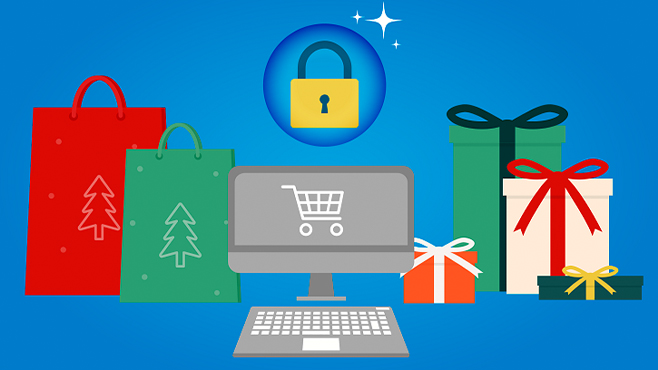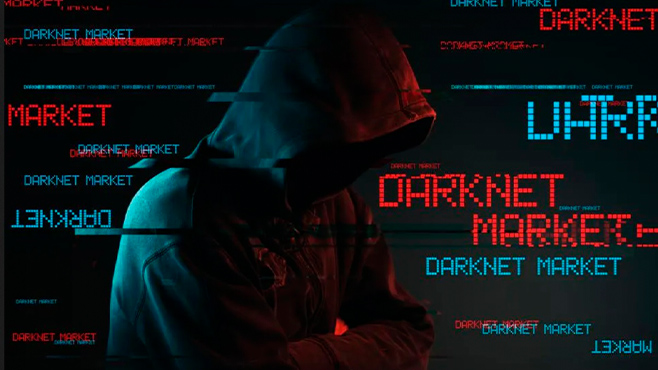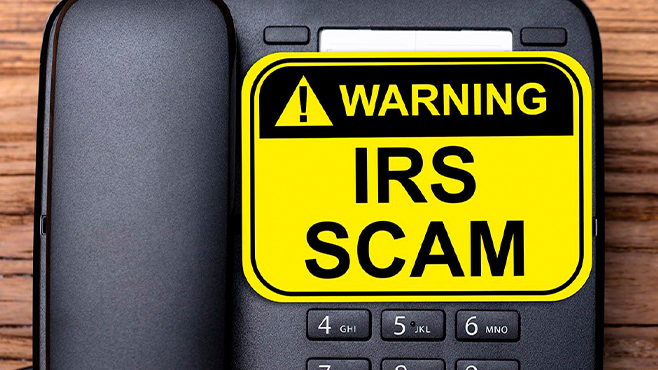Holiday Shopping: beware of hackers!
Yaaay holidays are here, many people are using their devices and credit cards to shop online. Unfortunately, criminals are also using this time to trick unsuspecting users. It is important for shoppers to be aware of these scams to avoid falling victim to them. Additionally, it's not too late to invest in cybersecurity protection to keep your personal and financial information secure during the holiday season.
One common scam during the holiday season is the creation of fake charities and fundraising campaigns by scammers who prey on people's generosity. Unfortunately, it can be difficult to spot these scams until it's too late and you've already given away your money or personal information. To avoid falling for these scams, it's important to be aware of some warning signs.
Always check the URL and name of the charity or fundraiser before making a donation, as scammers often create fake websites that look like legitimate charities.
Be cautious of high-pressure tactics and unclear language, as legitimate charities should never threaten you or hide how your donations will be used.
To stay safe, do some research before donating to a charity by using resources. If you're considering donating to a GoFundMe or similar campaign, take the time to investigate the organizer or group behind it before giving any money.
Fake websites are a type of scam where scammers create thousands of websites every year that look similar to real ones. The main goal of these scammers is to obtain your credit card information. You can identify a fake website by looking out for these warning signs:
- The website offers significant discounts of 50% or more on all items. If the prices seem too good to be true, it's likely a scam.
- The website has poor spelling and grammar, low-quality images, and fake-sounding reviews, which are signs of a phishing scam.
- The website does not provide basic company information, such as an "About Us" page, contact information, or information about returns.
- To stay safe, it's best to buy from reputable online stores during this holiday season. If you choose to buy from a smaller retailer, do your research by conducting a Google search of the company name with the term "scam." Also, use a credit card for your purchase as it provides better protection against fraudulent charges.
Phishing emails are designed to trick people into downloading and installing malware or giving away their sensitive personal information. These emails can be particularly dangerous during the holiday season when people are busy and may be more likely to overlook warning signs. To stay safe, it's important to learn how to identify and avoid phishing emails. Be cautious of emails and text messages from unknown senders, and avoid clicking on links or downloading attachments from unfamiliar sources. If you're unsure about the legitimacy of a message, log in to your account directly or contact the company or sender to verify its authenticity.
As sending eCards becomes more popular for sharing season's greetings with loved ones, scammers are also taking advantage of this trend by sending fraudulent emails. These emails may appear to be from a legitimate source and ask you to click a link to view your eCard. However, clicking the link could result in downloading malware onto your device.
IT support scams are made to intimidate and deceive people by posing as legitimate tech support companies or software providers. Scammers claim that your computer is infected with a virus or malware and offer to fix the problem remotely by asking you to download a support application. However, this application contains malware that allows scammers to gain access to your personal information and financial data. It is important to never download or install anything on your device if you suspect it may be a scam.
One of the most common type of scam now has emerged amid the COVID-19 pandemic. Scammers may contact you by phone or email, claiming that you have been in contact with someone who has tested positive for the virus. They may ask for your personal information such as your name and address, but if they request any financial details or ask you to make a payment, it's likely a scam. Be cautious and verify the legitimacy of the contact before giving away any sensitive information.
The holiday season is a time for happiness and spending time with loved ones. It's essential to stay alert and not let scammers ruin your holiday by deceiving you or stealing your personal information.






